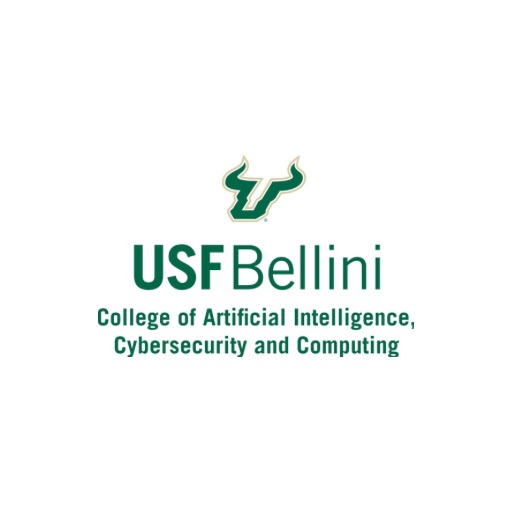Master of Science in Computer Engineering from University of South Florida
USF’s M.S. in Computer Engineering offers both thesis and non-thesis options within a 30-credit curriculum. Core courses cover architecture and algorithms, with electives spanning ML, security, VLSI, robotics, embedded systems, and more.
Request Info
Master of Science in Computer Engineering from University of South Florida
The M.S. in Computer Engineering at USF’s College of Engineering—offered through the Department of Computer Science and Engineering—features both thesis and non-thesis tracks, providing students with flexibility based on their career goals. The thesis path offers focused research under faculty mentorship, while the non-thesis track allows broader study across varying technical domains, with course selection guided by the Graduate Director or major professor.
To complete the degree, students must earn 30 credit hours:
- Core courses (6 credits): Computer Architecture and Theory of Algorithms
- Electives (at least 15 credits): Selected from areas like machine learning, VLSI design, robotics, security, compilers, data mining, deep learning, embedded systems, networks, and more.
The thesis option requires 9 credits of thesis work supervised by a faculty advisor, while the non-thesis option includes additional elective coursework, including hardware-focused classes (e.g., CMOS VLSI, formal verification, robotics).
Students also benefit from access to strong faculty-led labs, research opportunities, and connections to industry in areas like AI, cybersecurity, robotics, and VLSI systems.











